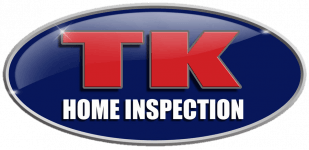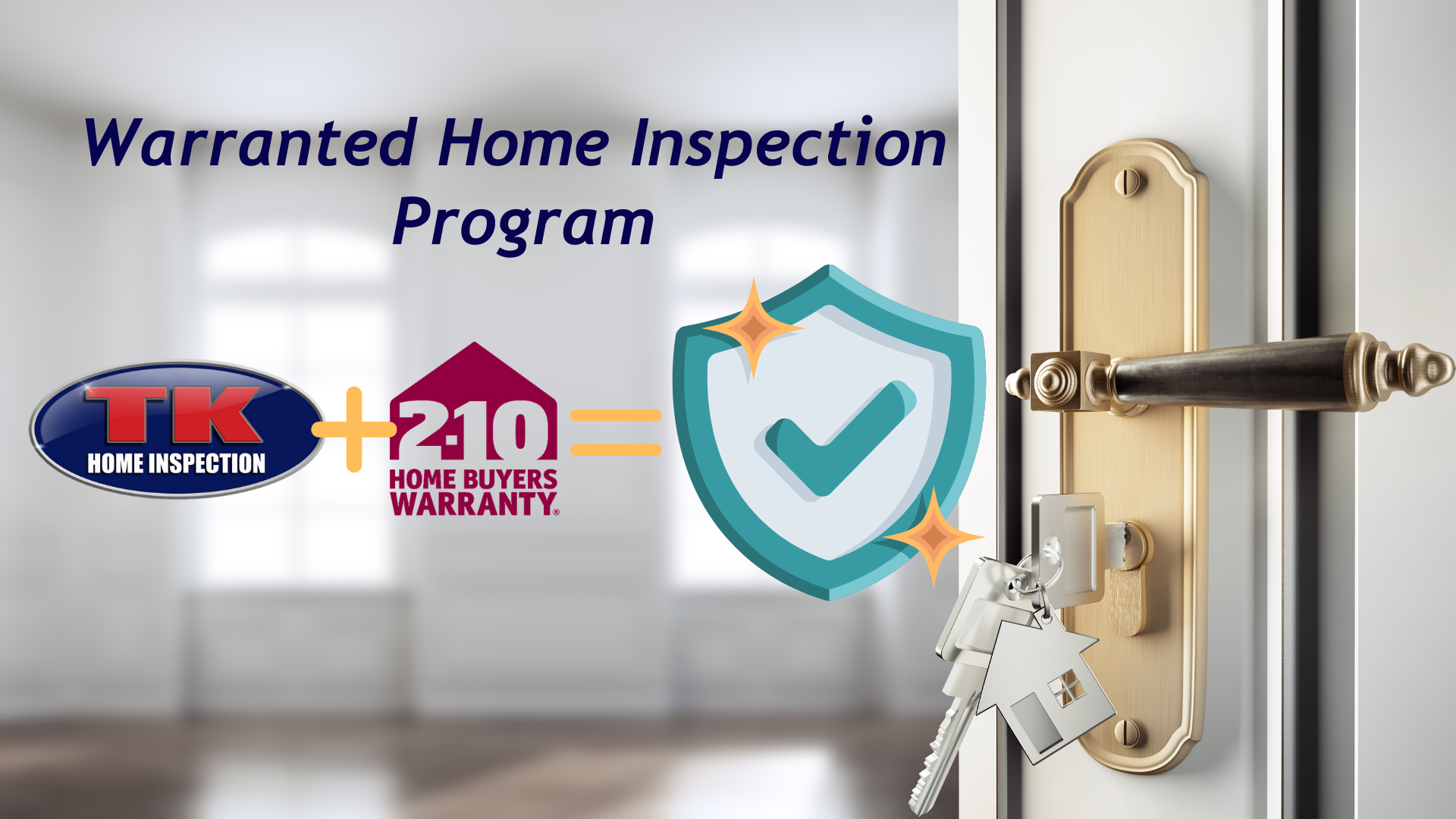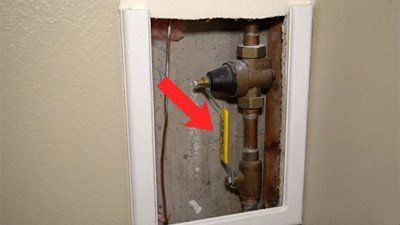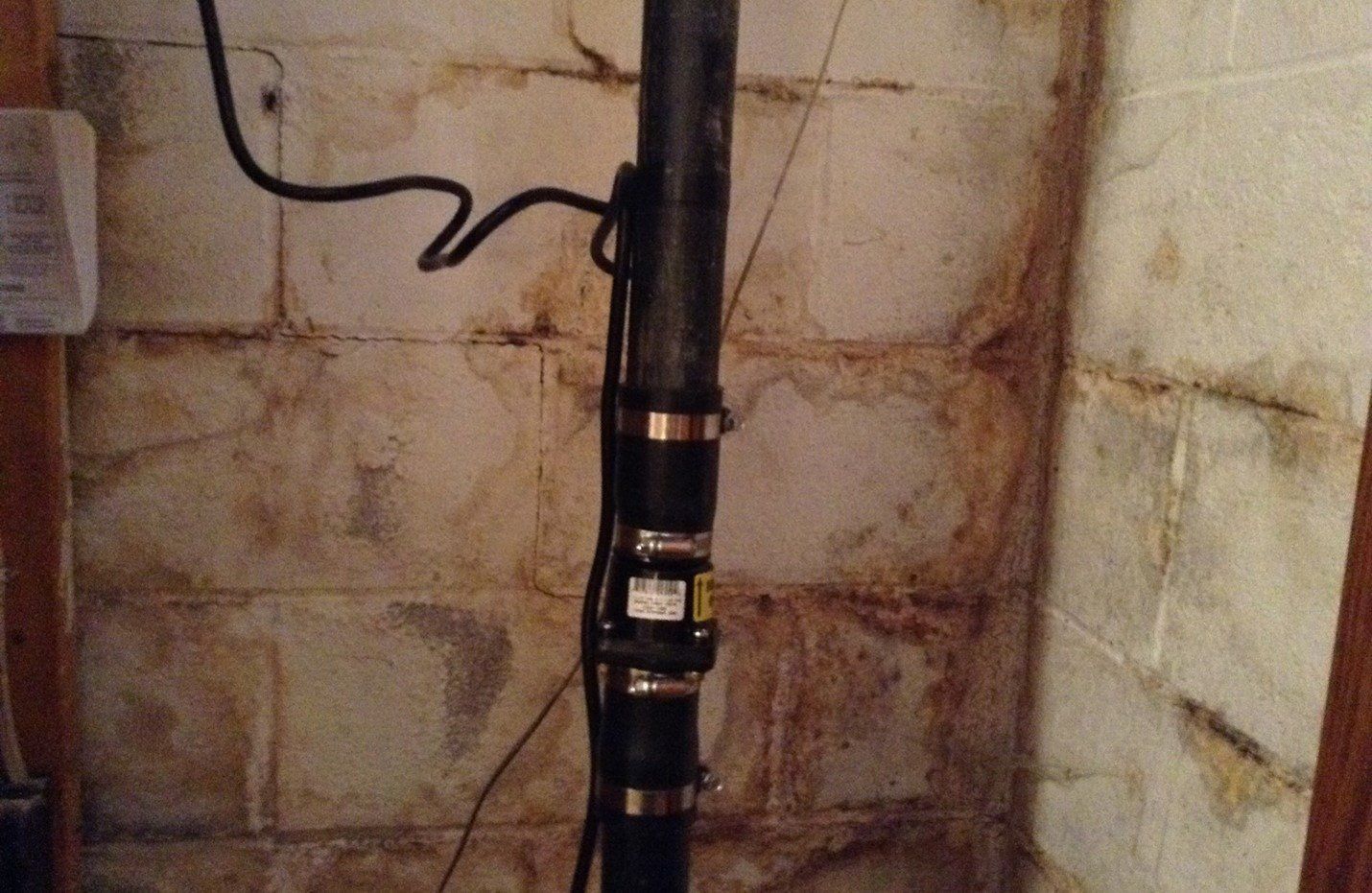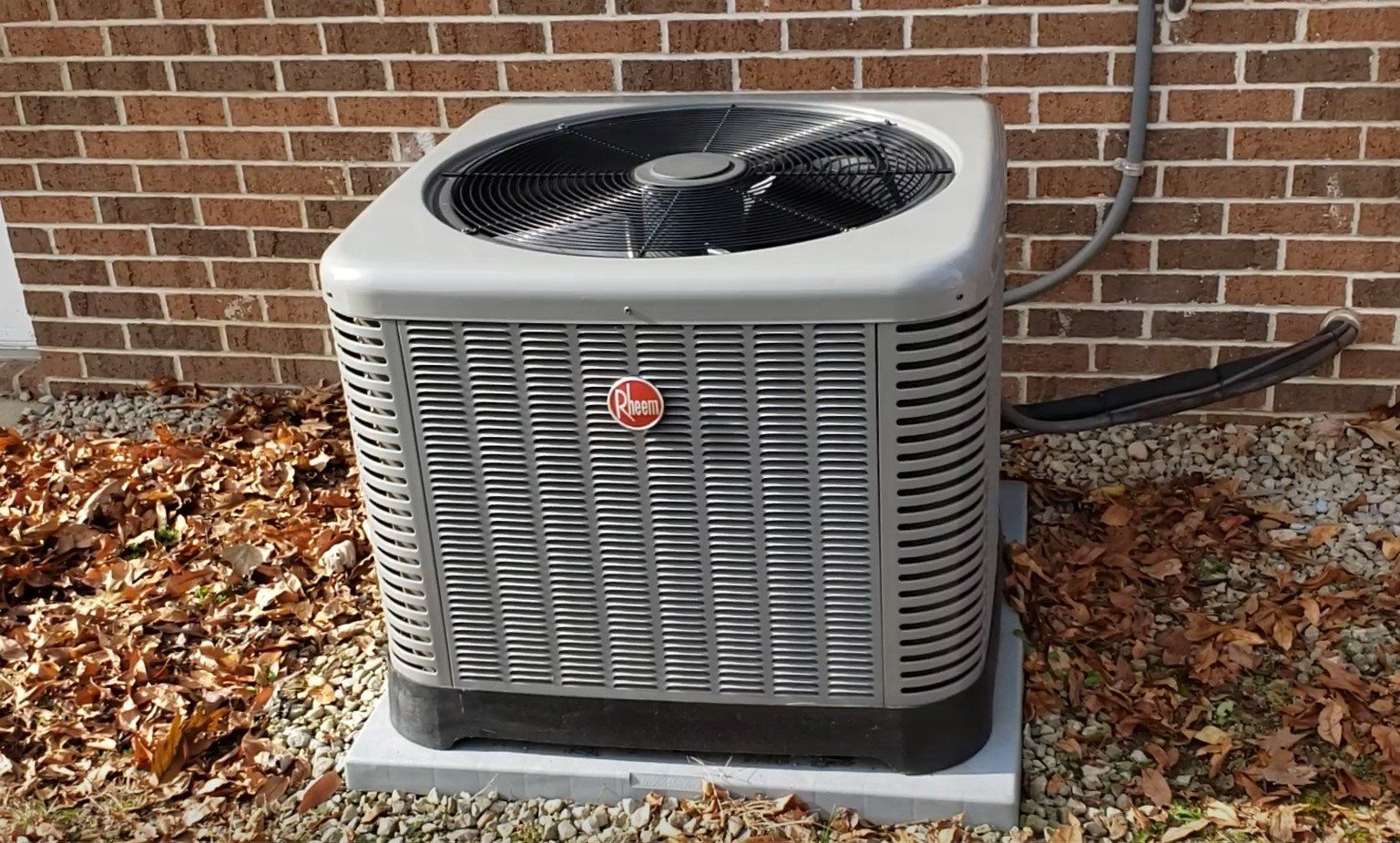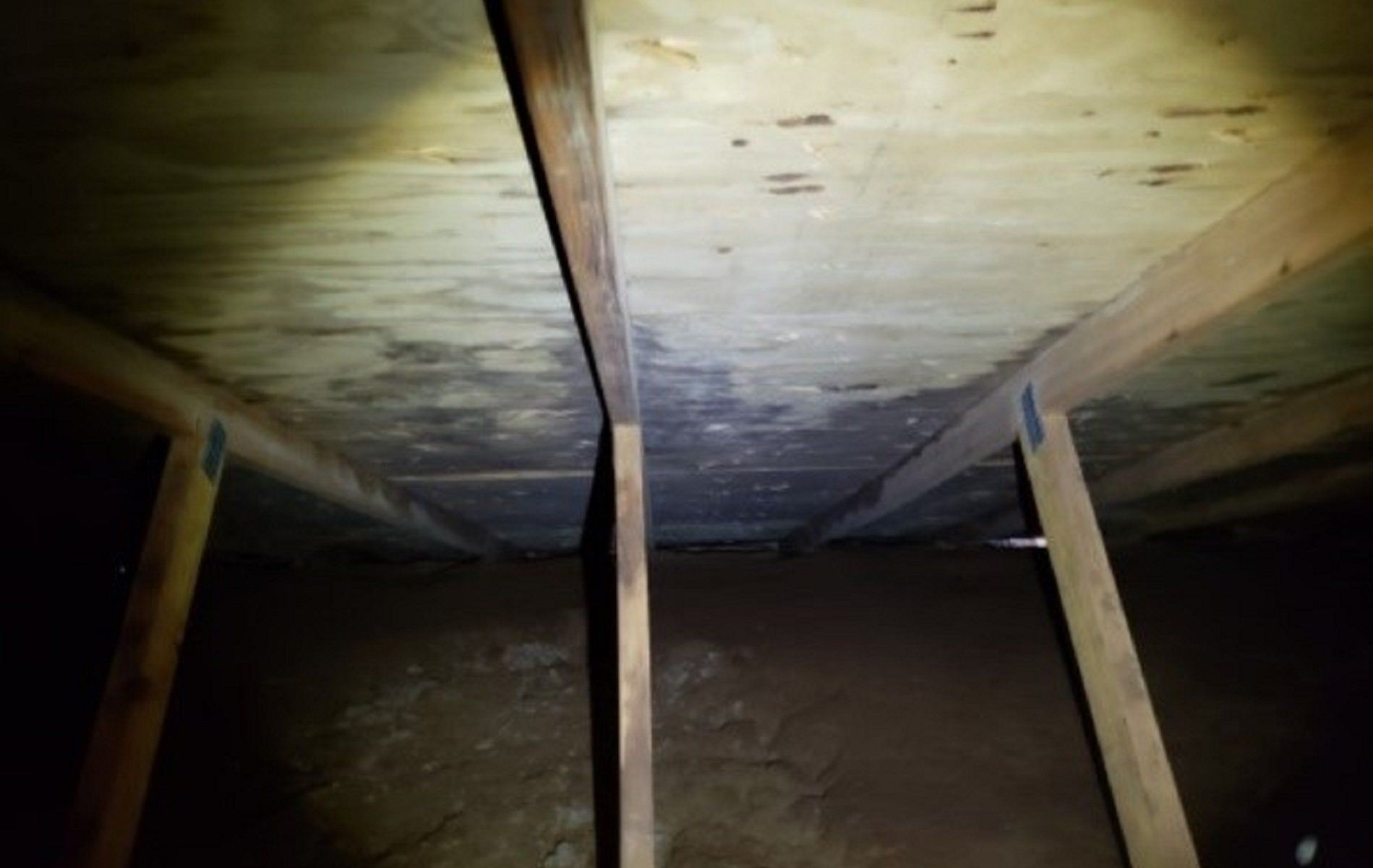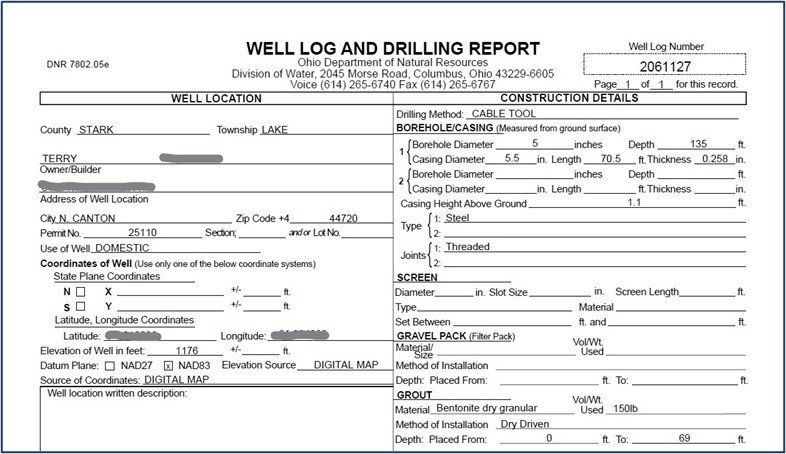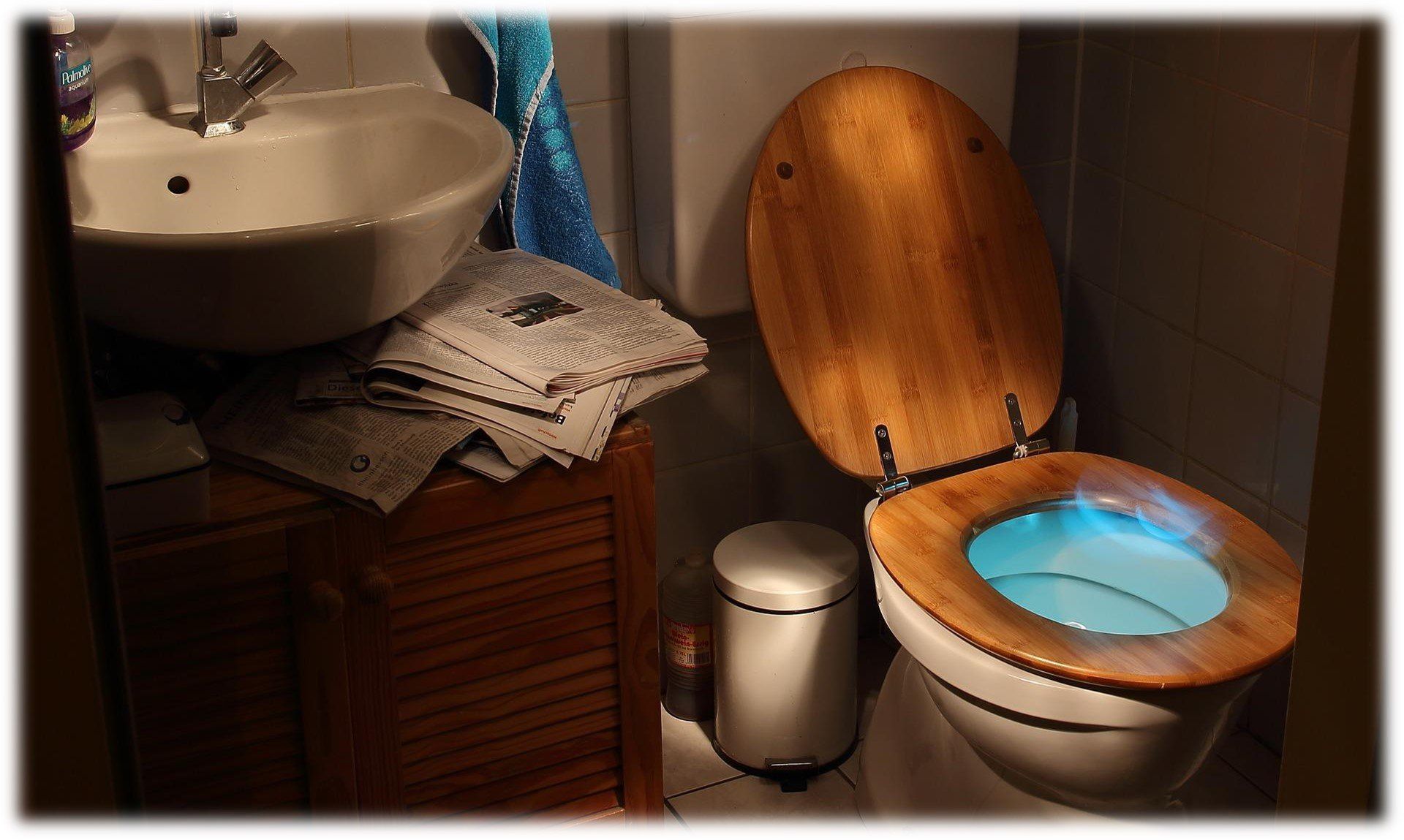It's Crunch Time
Have you explored these tax deductions available for homeowners?

As a homeowner there are many tax deductions you can explore to keep more of your hard-earned money in your pocket and less paid out to Uncle Sam. To claim the majority of them it is required to itemize your deductions. Of course, this option is best if the total amount of your itemized deductions is larger than the standard deduction. If not, it is better to take advantage of the standard deduction to keep your tax liability as low as possible.
One of our favorite credits is for the installation of renewable energy sources. The Energy-Saving Improvements Credits were put in place to encourage the use of renewable energy sources, which includes installing certain energy-efficient equipment in your home. Itemizing deductions is not required to claim this credit.
You will earn a credit of 26% on qualifying new systems that use solar, wind, geothermal, biomass or fuel cell power to produce electricity, heat water or regulate the temperature in your home. This credit continues through 2022, drops to 23% in 2023, and is set to expire thereafter.
For this year, homeowners can also earn up to $500 off their tax bill by installing energy-efficient insulation, doors, roofing, heating and air-conditioning systems, wood stoves, water heaters, or the like. And up to $200 for new energy-efficient windows. Additional credits include advanced main air circulating fans ($50), certain furnaces and boilers ($150), and energy-efficient building property ($300). The $500 general cap and $200 maximum for windows are lifetime credit limits, meaning credits claimed in the past accumulate up to these limits.
Another deduction related to improvements includes the installation of special equipment or modifications to your home for medical reasons. Qualified examples of Medically Necessary Home Improvements to a home include building ramps, widening doorways, installing handrails, lowering cabinets, moving electrical outlets, installing lifts or elevators, changing doorknobs, and grading the ground to provide access to the home.
Expenses for the operation and maintenance of these upgrades are also deductible as medical expenses if the upgrade itself is medically necessary. Unfortunately, improvements that are made to make your home elder-friendly aren't deductible if not deemed medically necessary to an occupant.
Additional deductions that can be claimed include:
- Mortgage Points – Most often, the points you pay on a loan to buy, build, or substantially improve your primary residence are fully deductible in the year you pay them. Unfortunately points for a second home or refinance cannot be deducted all at once. Yet, if part of the refinanced mortgage proceeds are used to substantially improve your primary home, you can deduct that portion related to the improvement in the year you paid them.
- Mortgage Insurance Premium – If you paid private mortgage insurance last year on loans originated after 2006, you can deduct their premiums if you itemize.
- Mortgage Interest – You can deduct interest on up to $750,000 (married filing jointly) of debt used to buy, build or substantially improve your primary home or a single second home. Generally, additions and major renovations are considered substantial; basic repairs and maintenance are not.
- Mortgage Interest Credit – This is a mortgage interest tax credit available to lower-income homeowners issued a qualified Mortgage Credit Certificate (MCC) from a state or local government to subsidize the purchase of a primary home. This credit amount can range from 10% to 50% of mortgage interest paid during the year. There are limitations, as well as a number of restrictions and special rules for this credit.
- Property Tax – Homeowners’ state and local property taxes paid can be deducted on your federal income tax return if you itemize deductions. There is a $10,000 limit (married filing jointly} on the combined amount of state and local income, sales and property taxes you can deduct.
- Home-Office Expense – This credit is for you if you are self-employed and work at home, employees who work remotely cannot deduct the costs of maintaining a home office. The caveat is that you use this part of your home regularly and exclusively for your business. If so, part of your utility bills, homeowner’s insurance, general repairs, and other home expenses can be deducted against your business income. You can also write off part of the depreciation of your home.
There are some things related to home-ownership that you won’t be able to deduct. Some of these nondeductible home expenses include:
- Homeowner’s insurance premiums
- Homeowner association fees
- The principal amount of your mortgage payment
- Domestic services
- Depreciation
- The cost of utilities
- Down payment
- Closing Costs
- Homeowner association fees
As with all things relating to taxes, there are rules, restrictions and limitations that apply to every deduction. It is always best to consult with a tax professional to help maximize the value of this most important asset.
[Disclaimer: This article is not intended to be construed as certified tax advice. We are not a tax professional and make no claims to be one. Please seek the advice of a certified tax professional to determine which deductions you can legitimately claim for your own unique circumstances.]
